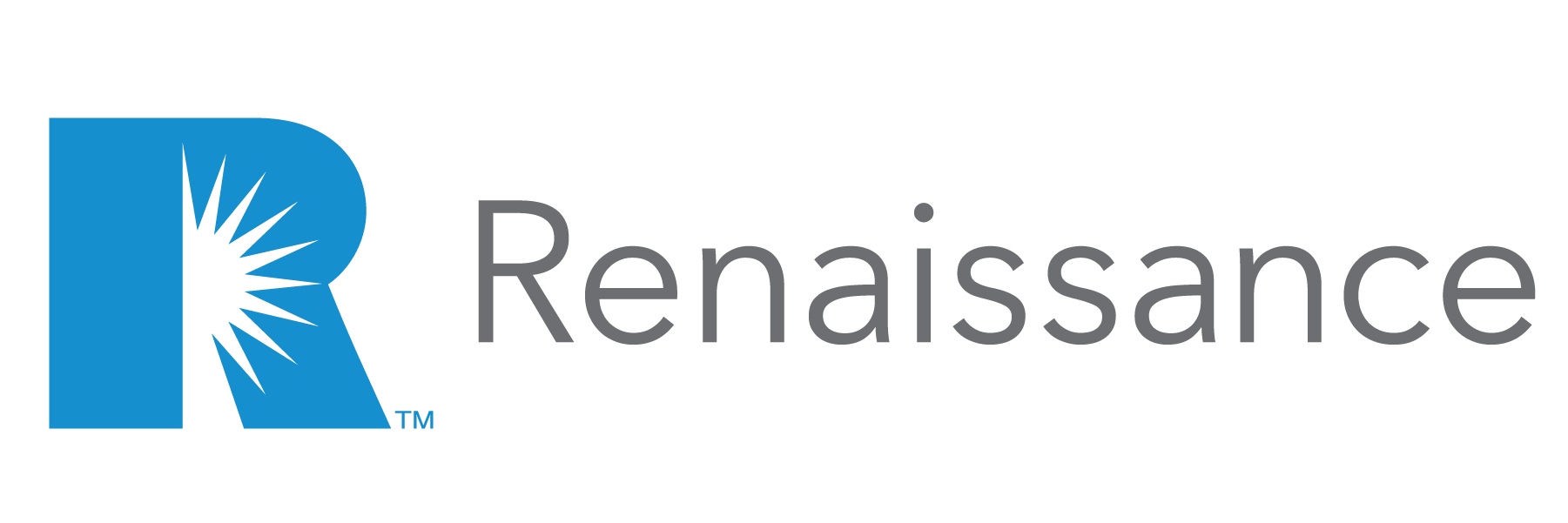We’ve become a world defined by data, but that opens a new arena of risk: cyber security.
Picture this. As you drive to your office in the morning, you think of the many priorities you need to address in the day ahead. You’re eager to jump in. You sit at your desk and fire up the computer. Nothing happens. No wait, a message pops up saying that you are locked out of your computer and all your files are encrypted. You won’t regain access to your vital business records unless you pay a huge amount of money in bitcoin to some shady criminal entity. You’re effectively out of business until you pay. And if you decide not to pay, your data will be leaked.
This is happening to businesses every day. Hacker attacks occur every 39 seconds, according to a study done by the University of Maryland, and ransom attacks are one of the fastest growing types of attacks, growing at 350% annually.
It is one of our primary jobs as insurance agents to educate our clients about the cyber security risks their businesses face and help them protect against potential losses. Many small businesses think they are at low risk for a cybercrime, but small businesses often have less sophisticated defenses, making them prime targets.
Every one of your commercial clients is exposed to cyber losses and should be offered protection from those losses through the purchase of cyber liability. Agents who don’t inform clients about all available cyber insurance options could potentially face errors and omissions exposure if businesses they represent face losses in a cyberattack. And it’s not only good protection for your clients, it’s a growth area for your agency in this this time of economic uncertainty. Cyber liability can be an opportunity to account round while protecting your customer and securing the long-term relationship.
Developing your cyber security expertise
Here’s the challenge: Every policy addressing cybercrime is different, which means that you as the agent need to educate yourself about the exposures and the different types of policies available to mitigate potential losses. The good news is that if you do your homework and grow your expertise in this area, it will give you a competitive edge in an expanding market.
Cyber liability can be helpful, but generally doesn’t go far enough. Look for policies that offer first-party as well as third party coverage. Third party coverage is vital for data breaches, but won’t protect against ransom attacks, so your client likely would need both. Talk to your customers to get a full understanding of the exposures that their businesses face.
Many business people do not fully comprehend what’s at stake, so you need to help your customers understand the risks and the potential consequences of leaving such exposures unaddressed. They may not understand the many details involved in addressing data breaches, ransom attacks, or other cybercrimes, so it can be helpful to talk about the many steps and expenditures that can be involved in responding to such attacks: monitoring and staying alert to threats, protecting against a breach, spotting and stopping any breach or attack that occurs, notifying proper authorities of the crime, complying with customer and public notification and remedy laws, defending against legal and tort claims, restoring business reputation, and more.
There are a lot of misconceptions that businesspeople have that can be a barrier to coverage.
- That their business is too small and under the radar of cybercriminals. Wrong.
- That they host their business data in the cloud, so they are passing liability to another entity. Wrong.
- That their current business coverage will protect them in the event of an attack. Wrong.
- That they have good security and are in control of their cyber exposure. Wrong. Security is only as strong as the weakest link – it only takes one employee to mistakenly click on a forged email to open a world of pain.
- That it’s too costly. That’s where you come in as the agent. You need to help clients fully understand the exposure and associated potential losses; you also need to monitor the market for the best product to meet your clients’ needs. Cyber products are in a state of rapid evolution.
As the frequency of cybercrime incidents explode, the likelihood of a business being a victim of cyber criminals increases exponentially. The opportunity for the knowledgeable agent to establish this as a competitive niche is huge but that widow will not remain open for long.
Renaissance Alliance agents and their clients have access to at Renaissance/Highland Cyber Program, powered by CFC Underwriters. This award-winning cyber insurance and risk management program is available at exclusive member rates.
Lisa M. Johnson – Senior Vice President, Marketing Communications, Renaissance Alliance
Connect: LinkedIn
Related reading on cyber security:
- Cyber security tips to harden your agency’s remote operations
- Cyber Risk: The best opportunity for Independent Agents since the invention of the automobile
- Stand-alone cyber insurers need more agents and brokers
- Overcoming challenges to cyber insurance growth



